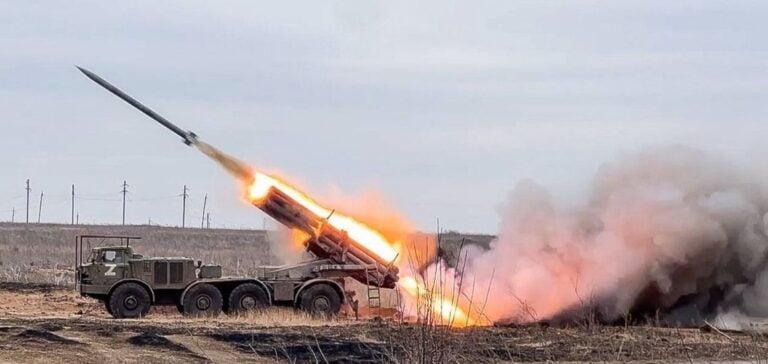Recent drone strikes on the Slaviansk-on-Kuban and Samara refineries contributed to a significant rise in oil prices on Monday, three days after Wednesday’s strikes. These attacks, attributed to Ukraine, have been confirmed by Russian regional authorities and mark a significant escalation in geopolitical tensions, directly affecting the global oil market.
Impact on refining capacity
Although global crude supplies remain unchanged for the time being, these incidents could lead to a reduction in refining capacity, with potential implications for refining margins rather than crude oil prices themselves. Analysts point out that, despite a limited immediate effect on supply, the impact of these attacks could result in a reduction in Russian oil processing capacity.
Influence of Chinese economic data
At the same time, positive economic data from China played a supporting role in the rise in oil prices. Chinese industrial production posted stronger-than-expected growth for January-February, signalling a robust economic recovery in the world’s largest importer of crude oil.
Contagion effect on the oil market
The combined effect of drone attacks and favorable economic indicators has had a knock-on effect on the oil market, boosting prices. Analysts anticipate that the most significant impact will be on refining margins, although the attacks also have a psychological effect on crude oil prices, reinforcing the perception of increased geopolitical risk.
Markets are reacting to recent developments with a particular focus on future developments in Russian tensions and the strength of China’s economic recovery. The oil market’s ability to absorb these shocks and maintain a balance between supply and demand will be crucial in the weeks ahead, as market players continually assess risks and opportunities.






















